
It’s a cliché, but sometimes it does take a village. That is certainly the case with Durango DEVO, an age and community based cycling program in Durango, Colorado.
Founded in 2006, the mission of Durango DEVO is to develop life-long cyclists. Today, there are 600+ kids in the program, over 100 coaches, and a group for every age and ability level. Each year, the group receives over 1,100 applications for registration. Considering that is in a town of approximately 18,000 residents, that is a staggering percentage of the groms living here that want “in.”
It is easy to focus on the athletes, performing on the world stage, who came out of Durango DEVO. Alumni include Olympians, World-Tour pros, Grand Tour stage winners, Cape Epic champions, World Championship medalists, and over 50 national champions.
Beyond those exceptional athletes, the program goes much deeper. On any given day, one can find a group of two-year olds on push bikes, being shepherded around city parks by DEVO’s coaching staff. Then there are the Explorers in various age categories and experience levels, whose mission it is to use a bike as a vehicle of exploration, with frequent bikepacking trips throughout the Southwest.
And throughout each age category and group, racing is not mandatory. Honing the craft of cycling is. DEVO co-founder and coach Sarah Tescher may have summed up the sentiment perfectly, “Sepp (Kuss) winning a Tour De France stage, two Olympians, although that does make me very proud, it really is just as simple as a smile on a kiddo’s face when the power of the two wheels is in motion.”
That vibe carries through from the two-year-olds on push bikes, to the U19 athletes prepping for Nationals or UCI Worlds. Fun is emphasized.
The Genesis Story

Unlike many kids’ programs, DEVO founders Sarah Tescher and Chad Cheeney wanted DEVO’s kids to be coached by bonafide coaches, not well-meaning parents. With a background in coaching team sports, and a degree in education, Tescher was ideal. As Fort Lewis College’s Head Endurance Coach for mountain biking and other disciplines, “Chad was a superb compliment.”
Like any start-up, the birthing phase is fragile. According to Tescher, “I formed a board of directors early on that really had to be hands-on to make sure the program was successful and sustainable. Now our board is not ‘operational’ but really oversees the program from afar. But, in those early days, we needed all hands on deck to make things happen.”
Most profoundly was the esprit de corps that developed. As she put it, “…in those early days we had coaches that were a very close-knit group of people and we thought of ourselves as family. As in any family, we may have disagreed here and there, but we always loved each other and really WANTED to be around each other coaching practices, on trips, organizing events, etc.” Sometimes, when you have a group of people who feel like they are working on a cool project together, you can move mountains.
Co-founder Chad Cheeney recaps the success in succinct steps:
“The three things that helped Devo succeed are :1. Passion for cycling and getting more kids on bikes. 2. Creating a Board and the official 501(c)(3) designation. 3. Early years parents and supporters that helped us out financially. I don’t know many people these days that would work for no money for three straight years like Sarah did, or live off under $10K a year like I did to live the dream.”
DEVO’s growth
In interviewing DEVO co-founders for this article one thing became apparent: Durango may have provided the perfect incubator for growth. Having hosted a number of world-class events, including the 1990 UCI Mountain Bike World Championships, Durango was stacked with world-class talent. They came here for the incredible trail network, and an ideal climate that allowed training 12 months out of the year and diversity of geology and climates. Thirty minutes to the north and you have high alpine. Thirty minutes to the south you have desert, slickrock, and arches.
Local demand seemed to fuel growth. Co-founder Chad Cheeney never felt that the early days were fragile. If anything, he might feel like the train was going down the track at 90 miles per hour, and they were laying track down just in front of the train.
“The growth was fast and passionate,” he says, “so we were always just focusing on evolving with the ever changing cycling seasons and keeping the kids engaged and stoked. The parents’ and athletes’ interest in more coaching and more team experiences allowed us to grow.”
DEVO’s future is bright

Yes. Challenges will always exist. However with over 5% of Durango’s total population wanting into a DEVO program every year, with broad-based community support, and with really smart and dedicated people at the helm, DEVO’s future looks solid.
Most compelling may be the creation of Durango Mesa Park. This 1,800-acre facility will have dedicated mountain and road courses. There is even talk of a velodrome.
For DEVO, Durango Mesa Park will provide a long-term home, according to Levi Kurlander, DEVO’s executive director and an elite competitive cyclist.
“Durango Mesa affords a once-in-a-lifetime opportunity, with easy access to world-class trails and a new bike park, and plenty of room for bikes, and gear storage. We’ll base practices and trips out of the DEVO clubhouse, and create a true ‘headquarters’ for cycling in Durango.”
One of Durango Mesa Park’s core functions is to attract and host UCI sanctioned international events. Mixing those groms, with world-class talent, is sure to supercharge the stoke for all.
Replicating DEVO’s success in other communities
As I tell budding entrepreneurs, “There is never a lack of good ideas. There is a lack of flawless execution.” Clearly, DEVO’s co-founders were the right people, at the right time, at the right place. However, without flawless execution, it may have just imploded like so many other start-ups.
Both Tescher and Cheeney say that DEVO’s success is replicable, and they offer simple advice for success. But in the words of Kate Courtney, “People often confuse simple with easy.” It may be tempting to take an adult training plan and implement it for youth, but Tescher says that it’s a recipe for burn out. Rather, a mentorship program, where older riders will help out the younger ones is a better approach.
“It is so great for both the older rider as well as the younger rider as it creates leadership as well as just generates so much stoke for riding from both!”
Coaches are of utmost importance though. “They deliver the stoke and are the face of the program! Hire or recruit wisely. Look for those people who love kids first. Look for people who love to ride their bikes.”
Cheeney adds that engaging the community and making the atmosphere as fun as possible is the best way, because people aren’t going to throw money at cycling programs. “You will need a good support structure to grow and the only way is through a fun positive community cycling culture.”
DEVO’s success need not be a one-off. If we want more places to ride, and a stronger collective voice for cycling, it is incumbent upon all of us to bring new riders into our fold, and to embrace them, just as DEVO has.













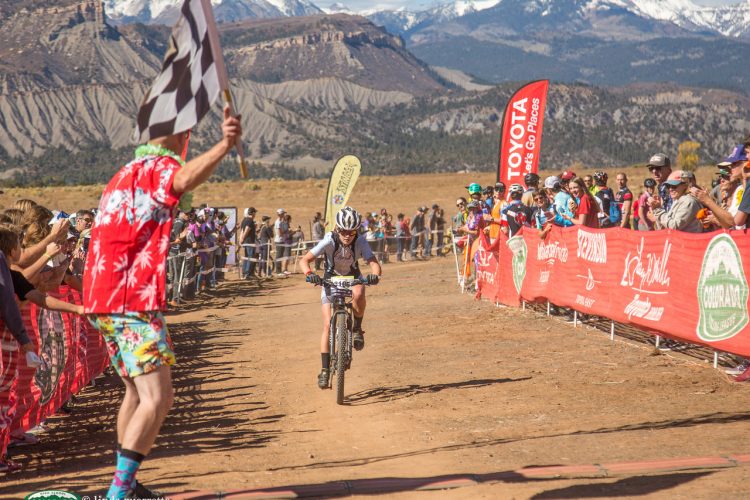

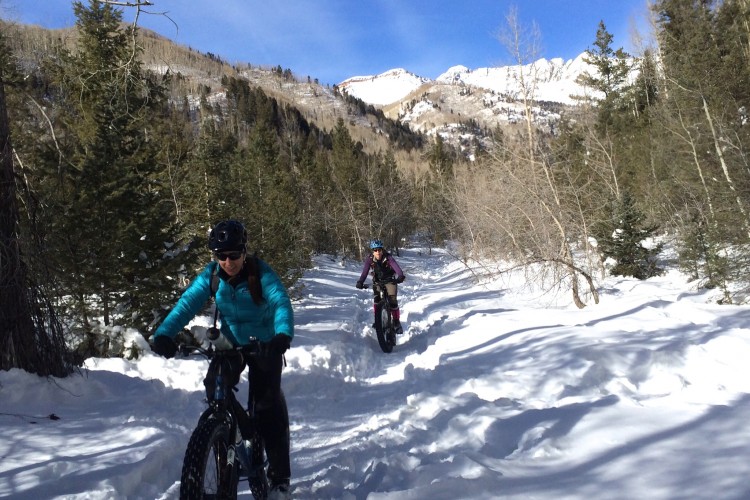


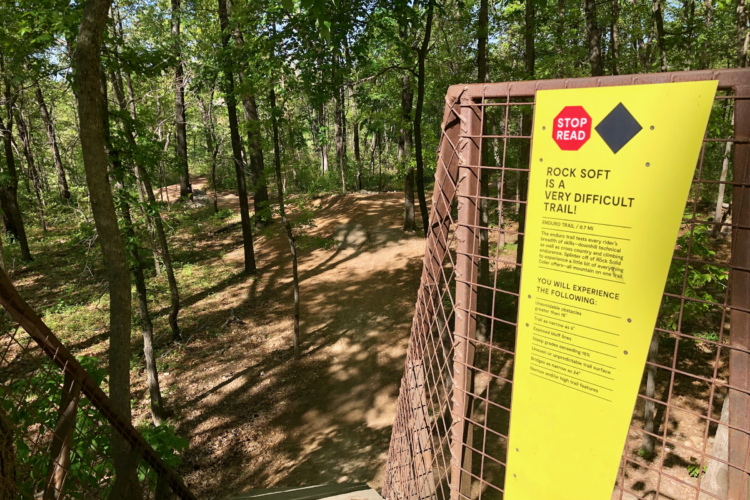
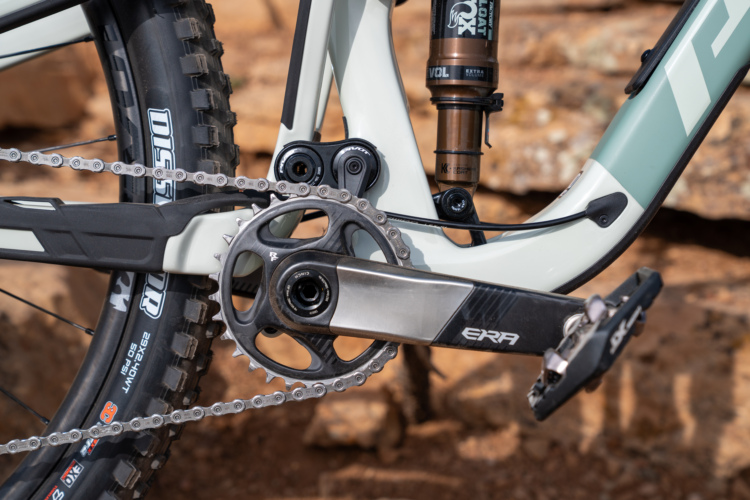
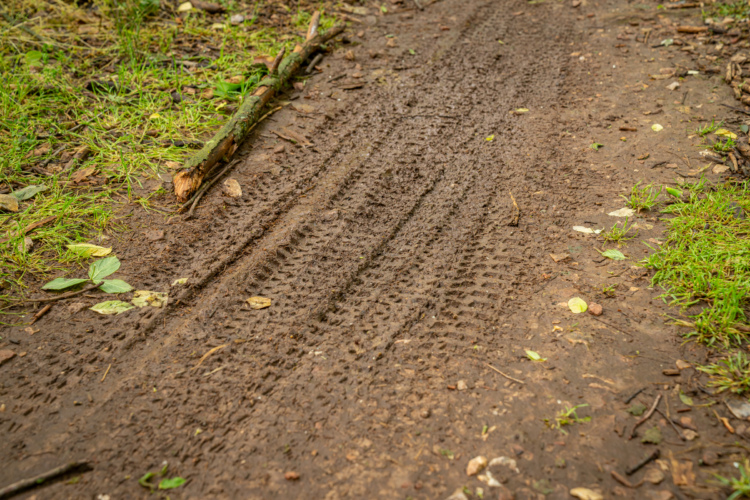

1 Comments
Aug 28, 2021